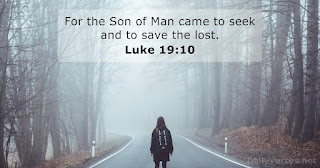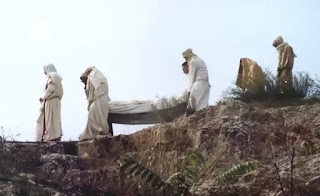Our church celebrated its centenary a few years ago and as part of the celebrations, some large photo boards were commissioned showing notable figures and important events from the past.
I stood there in front of the boards one Sunday and thanked God for those who had gone before, who had often sacrificially given of their time, money and talents to lay the foundation that we were building on today, not just of a church building but a thriving community.
There were difficult times over the years, even within my memory, of upsets, disagreements and even parting of the ways, but Godly men and women had persevered through these hardships and now, on this Sunday morning, we were going again to lift up the name of Jesus to see him honoured and to give thanks for all he is doing in this day.
Legacy is something that is very important to me. I have been handed a good legacy from those in my family who went before and even though I did not appreciate for many years what they passed on to me, I do now. I am standing on the foundation they laid through prayer and hard work and making some very good choices.
Recently we have visited some National Trust properties in UK and read about men and women who worked incredibly hard, with entrepreneurial skill to create something of lasting value for those who came after. Their efforts often blessed the locality and even the nation with their creativity and philanthropy. The tragedy has often been that sometimes those who followed completely squandered their inheritance. Fortunes have been lost on the horses or at the gambling tables and in one case, amazing treasures had to be sold to cover the debts. What did those forebears think of that I wonder?
However, the Bible is also full of those who have been handed a Godly inheritance who ignored it, turned away from God and caused great damage to their own lives but also, even more tragically, upon the people of the land. These people deserted God and bowed down to idols and encouraged the people to do the same. This led to disaster with invading armies overrunning the land and eventually the people were taken off into exile, despite warnings from God through the prophets.
All of us will have been passed an inheritance. Some may have had a Godly heritage, and some may have not even known where their unwanted legacy came from. Some legacies of broken lives, debt or addiction are very unwelcome but just because we inherited a problem does not mean we have to pass on one. There are so many stories both in the Bible and in our nations of those who have chosen a different, better path. It’s always possible with God to change things for the better.
I received a good inheritance, and I want to leave a good legacy for my children and grandchildren, but I also want to make sure that not just my family but my brothers and sisters in Christ receive something of value from me. I hope that if in another 100 years there are more photo boards (or their 22nd century equivalent) of the life of our church, I will have contributed something to a thriving church.
















